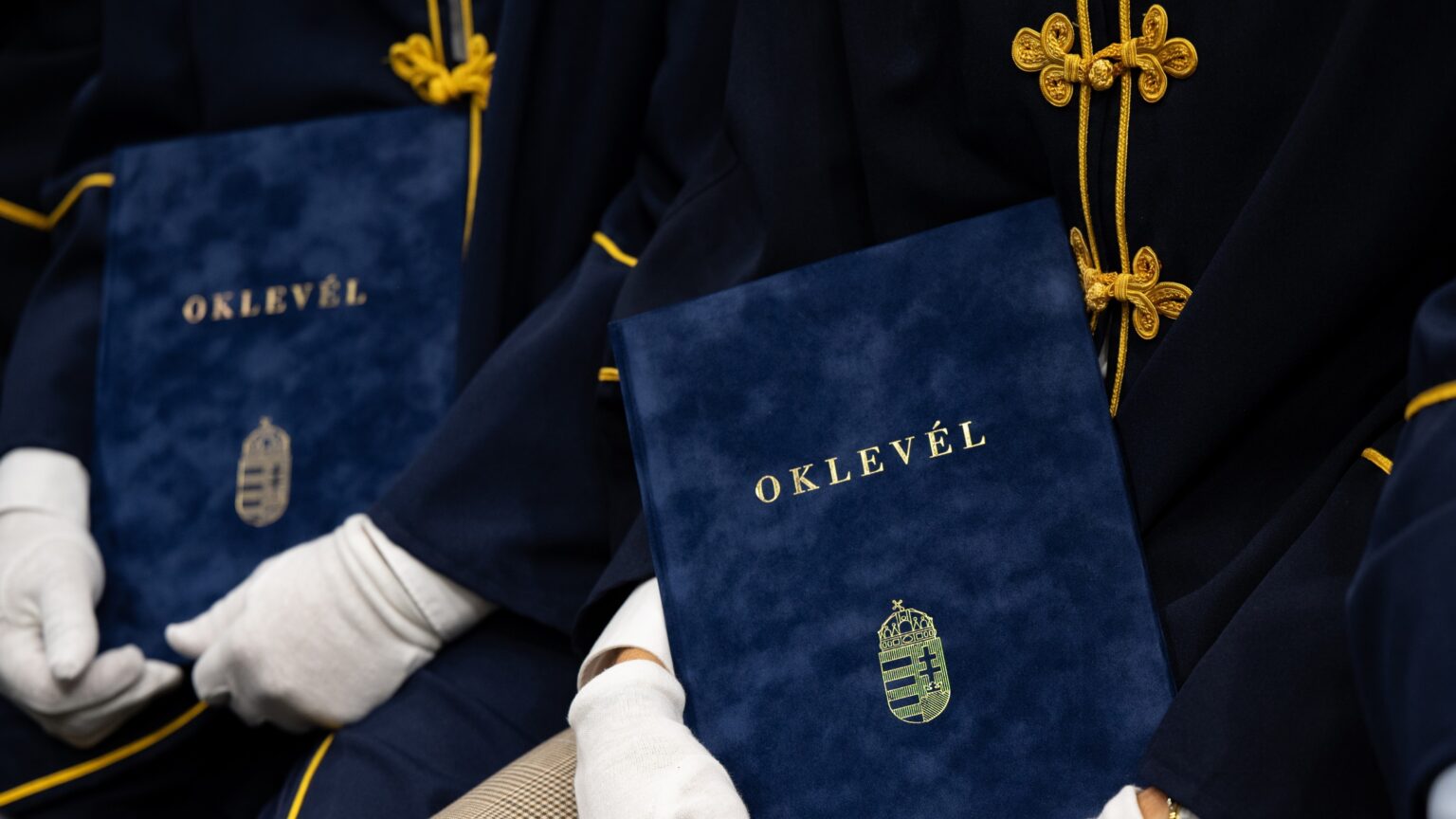
A Hungarian-developed blockchain solution could provide secure and easily accessible storage for degrees issued by EU universities, according to Gábor Dénes University. The technology, set to launch in Hungary by 2026, aims to create a unified digital degree database across the European Union.

Zsolt Zsólyomi, a 26-year-old Hungarian national charged with second-degree murder in Miami, Florida, could become the first person executed under a new immigration bill signed by Governor Ron DeSantis on 13 February. According to local authorities, Zsólyomi, who had been on immigration enforcement’s radar for overstaying his visa, murdered two elderly men in the Miami area.
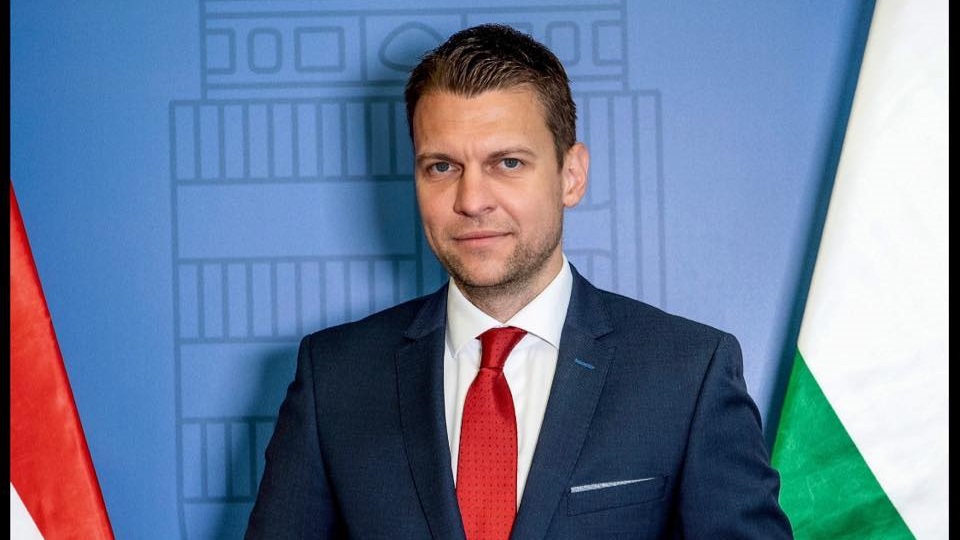
Tamás Menczer has warned in a Facebook post that due to military aid to Ukraine ‘the war has already cost every Hungarian family 2.5 million HUF, and Ukraine’s EU membership would cost millions more for each and every family’. The Hungarian government remains in stark opposition to having Ukraine become an EU Member State.
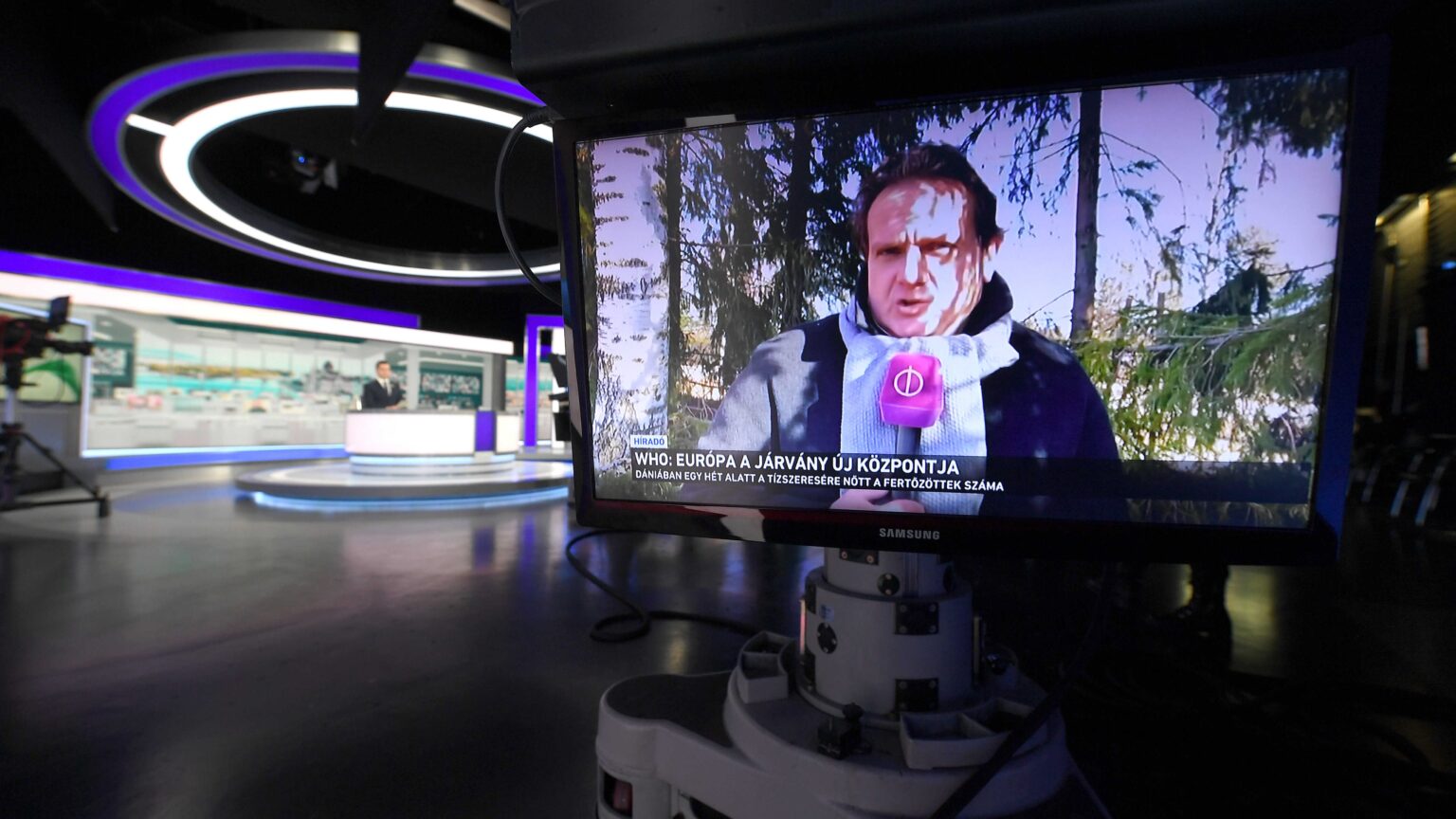
A recent study by Hungary’s National Media and Infocommunications Authority (NMHH) reveals that while media trust remains generally low, television is considered the most reliable source, whereas print media ranks the lowest. The research also highlights generational differences, concerns over misinformation, and attitudes toward AI in journalism.
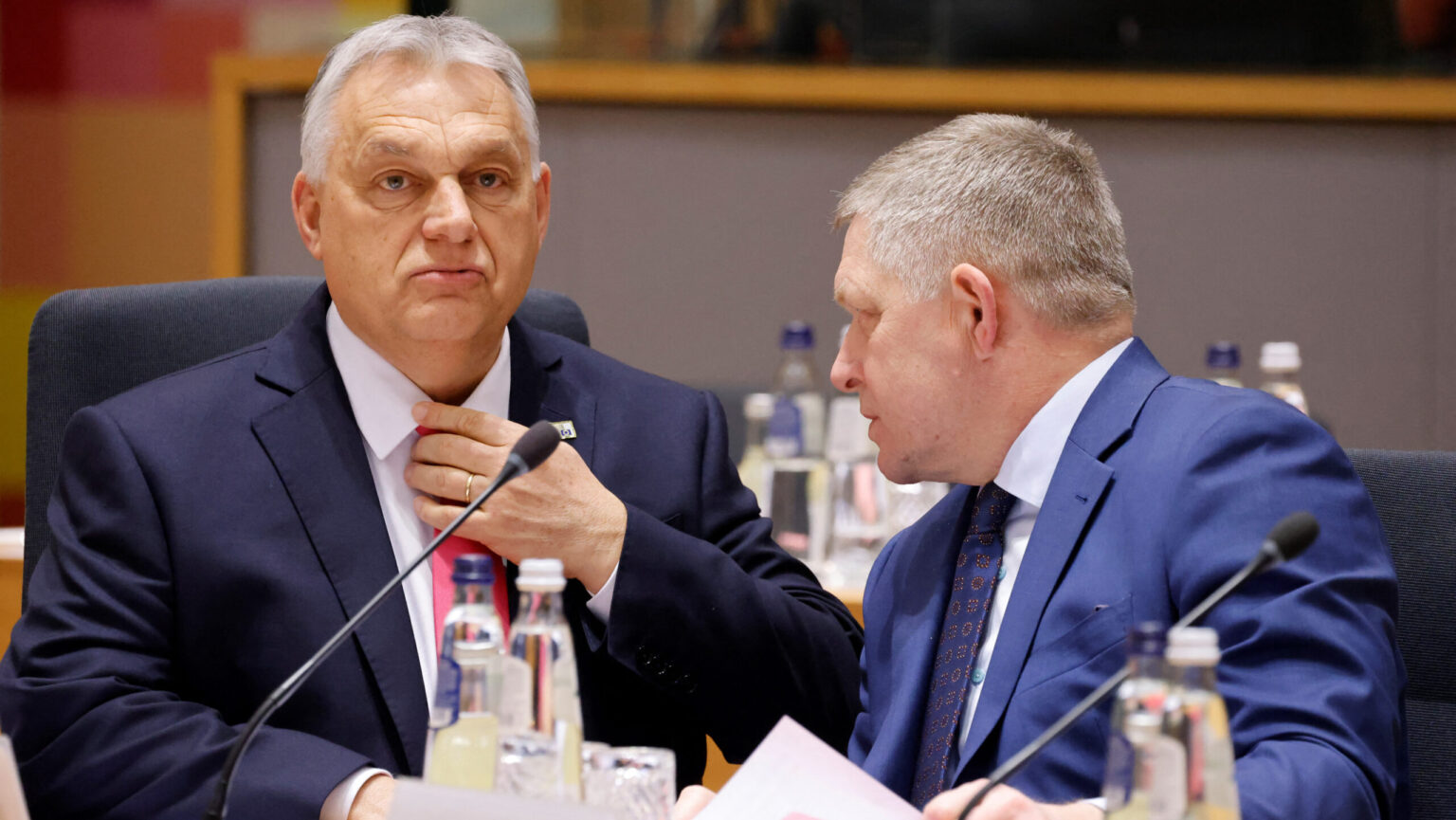
Hungarian Prime Minister Viktor Orbán vetoed a joint conclusion on Ukraine during Thursday’s EU summit, for the second time in March. He stated that he will continue to block every EU position on Ukraine until the results of Hungary’s public vote on Kyiv’s EU membership are known.
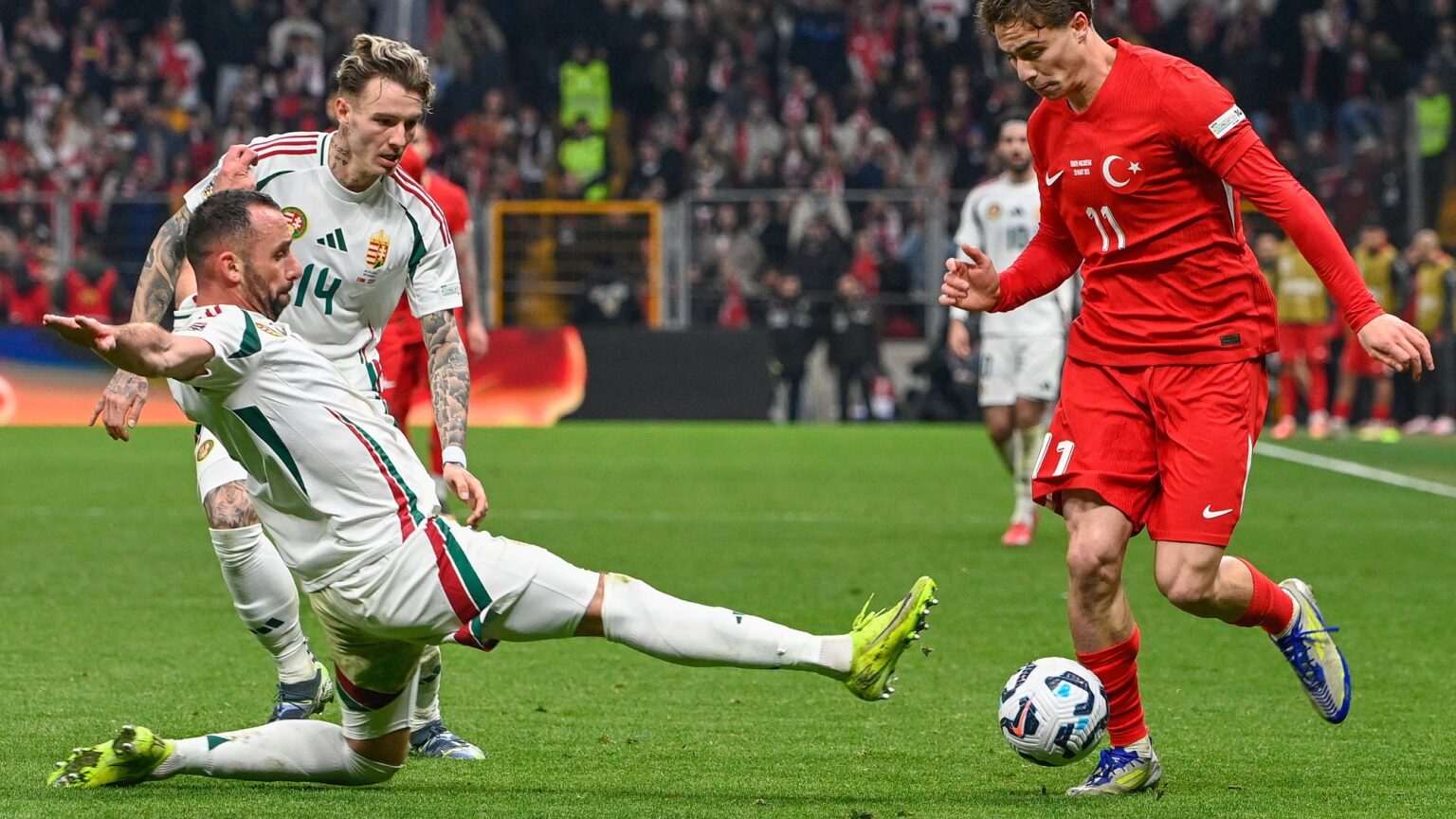
Hungary played Türkiye in the play-off for League A qualification in the UEFA Nations League next season, and lost 3–1 in the first leg in Istanbul. This was the 1,000th game of our men’s national football team. The rematch is on Sunday in Budapest.
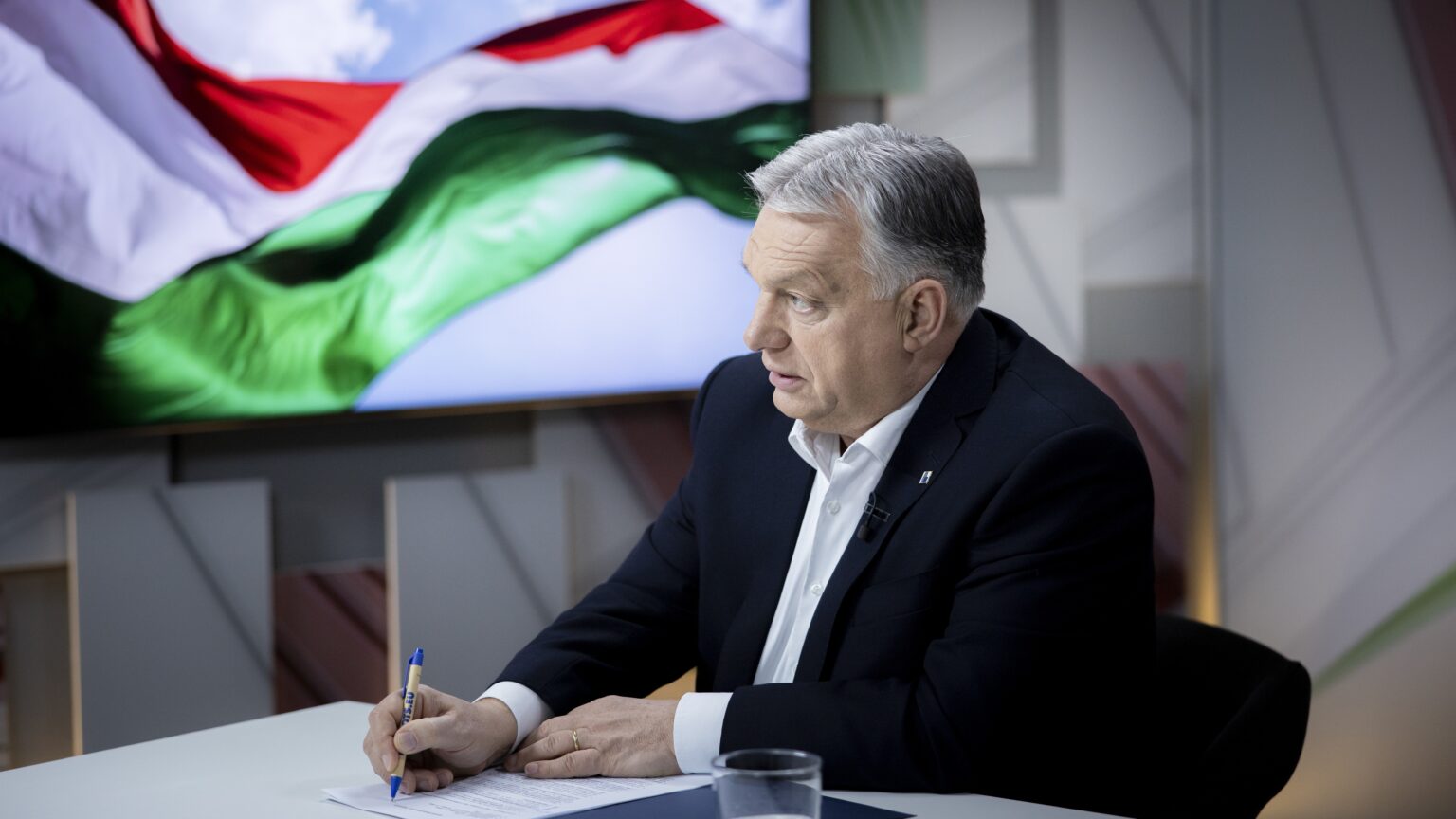
Hungarian Prime Minister Viktor Orbán discussed key economic and political issues in a recent interview, explaining the reasons behind new price controls, the strengthening of child protection laws, and Hungary’s veto on Ukraine’s EU membership. He emphasized Hungary’s commitment to protecting families and maintaining economic stability while pushing back against Brussels’ policies.
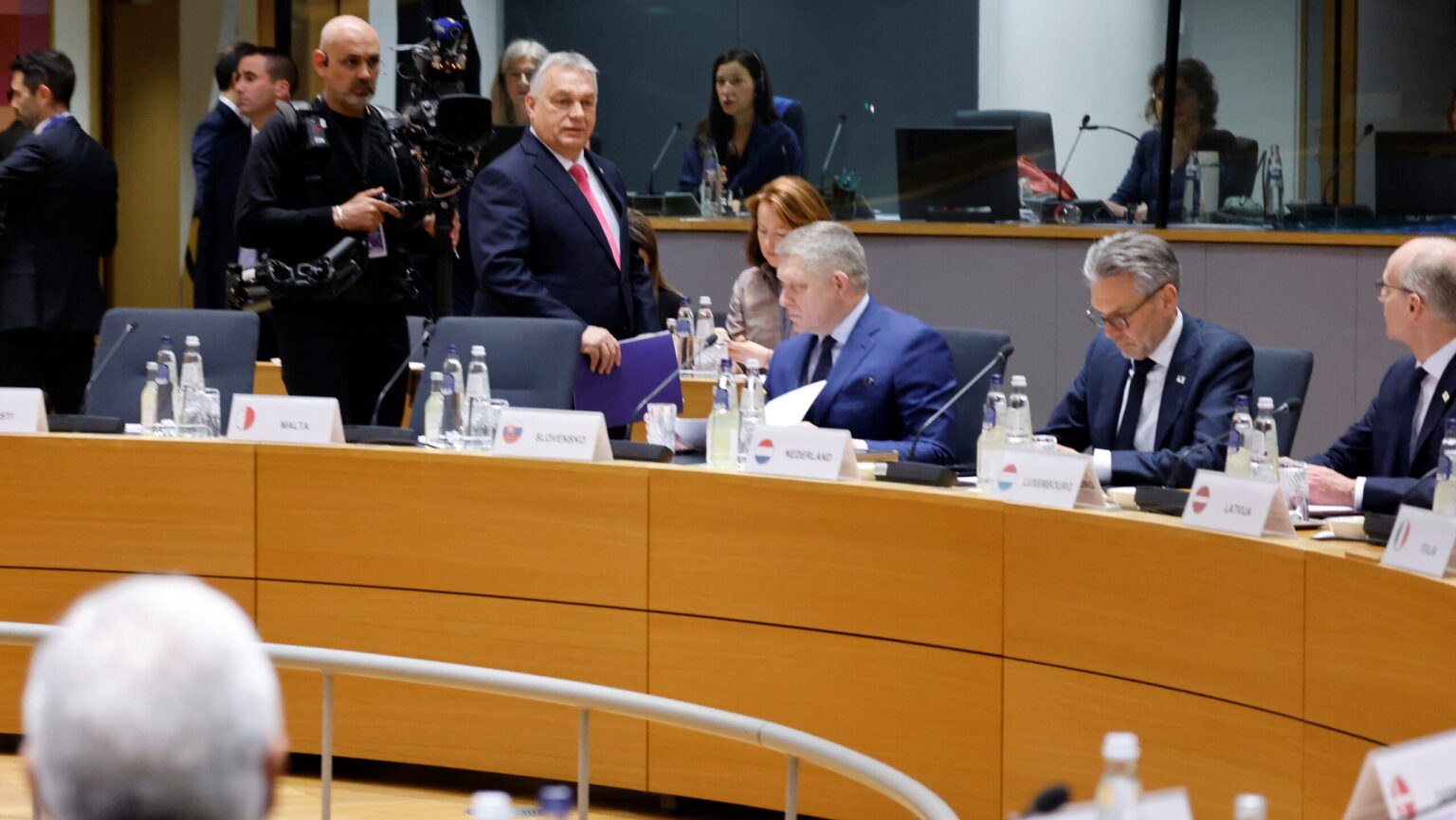
On his way to Thursday’s EU summit, Hungarian Prime Minister Viktor Orbán stated in an interview that the European Union lacks the strength to impose its vision on the war in Ukraine. ‘The EU is isolated,’ he added, emphasizing that Brussels stands alone on the global stage with its pro-war stance.
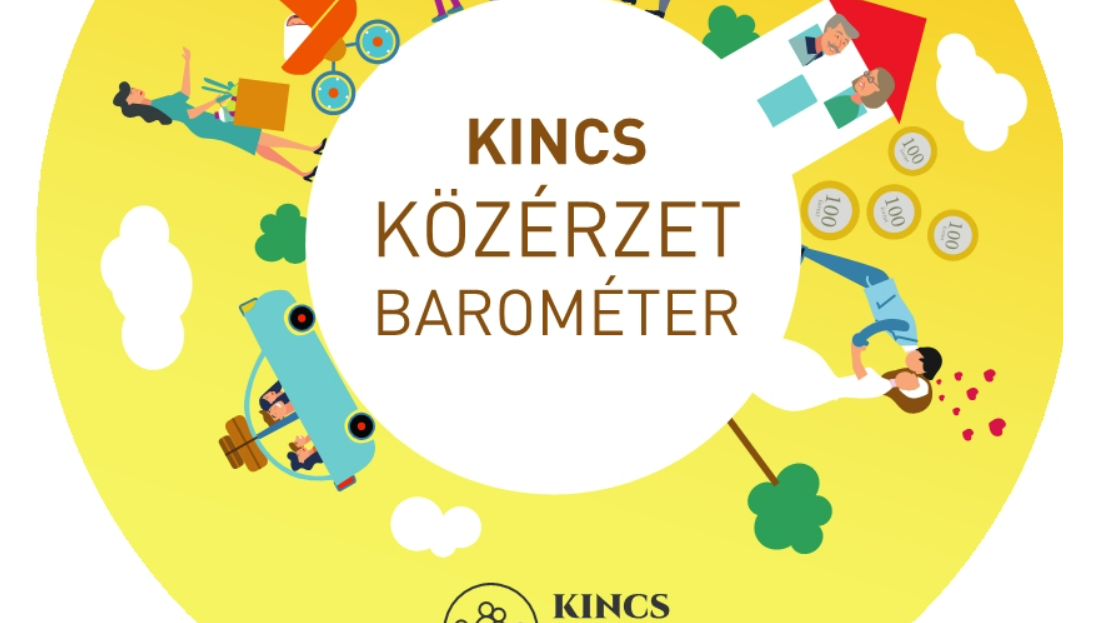
According to the annual Wellbeing Barometer by Mária Kopp Institute for Demography and Families (KINCS), Hungarians rated their satisfaction level at 7.3 on a scale of one to ten in 2024. Married couples have reported themselves to be happier (7.7) than single people (6.6).
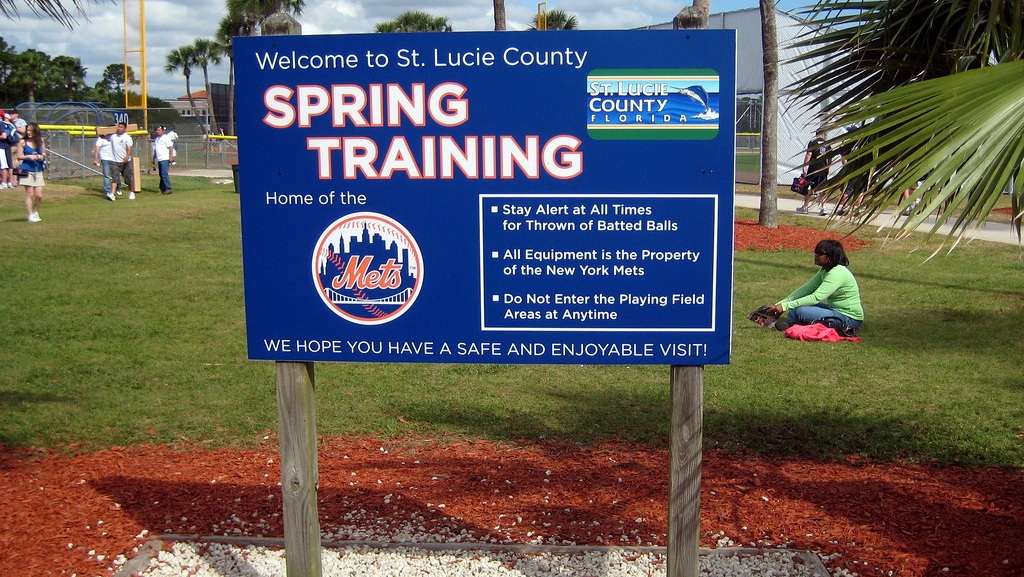
42-year-old Kendal Aaron Todd, a resident of St Lucie County, Florida, has been arrested for making bizarre threats against President Trump. In a short video clip uploaded to social media, he declared himself the President, called Trump the Antichrist, and even challenged him to ‘fight me naked to the death’.
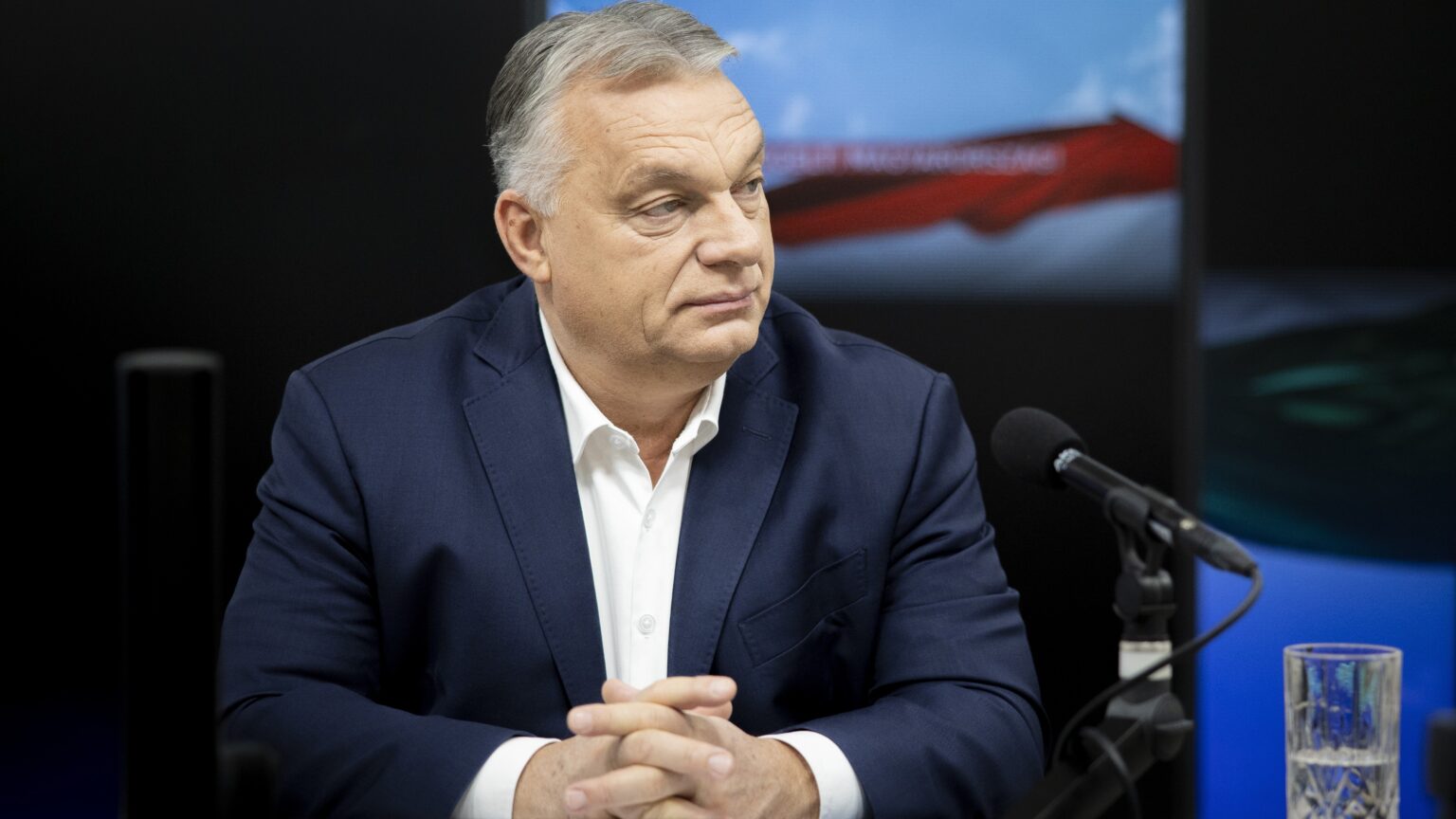
In a recent video posted on X, Hungarian Prime Minister Viktor Orbán outlined the financial burden the war in Ukraine has placed on Hungary and estimated the annual cost per household if Kyiv were to join the European Union. He urged Hungarians to make their voices heard, referring to the public vote initiated by the government on Ukraine’s EU accession.
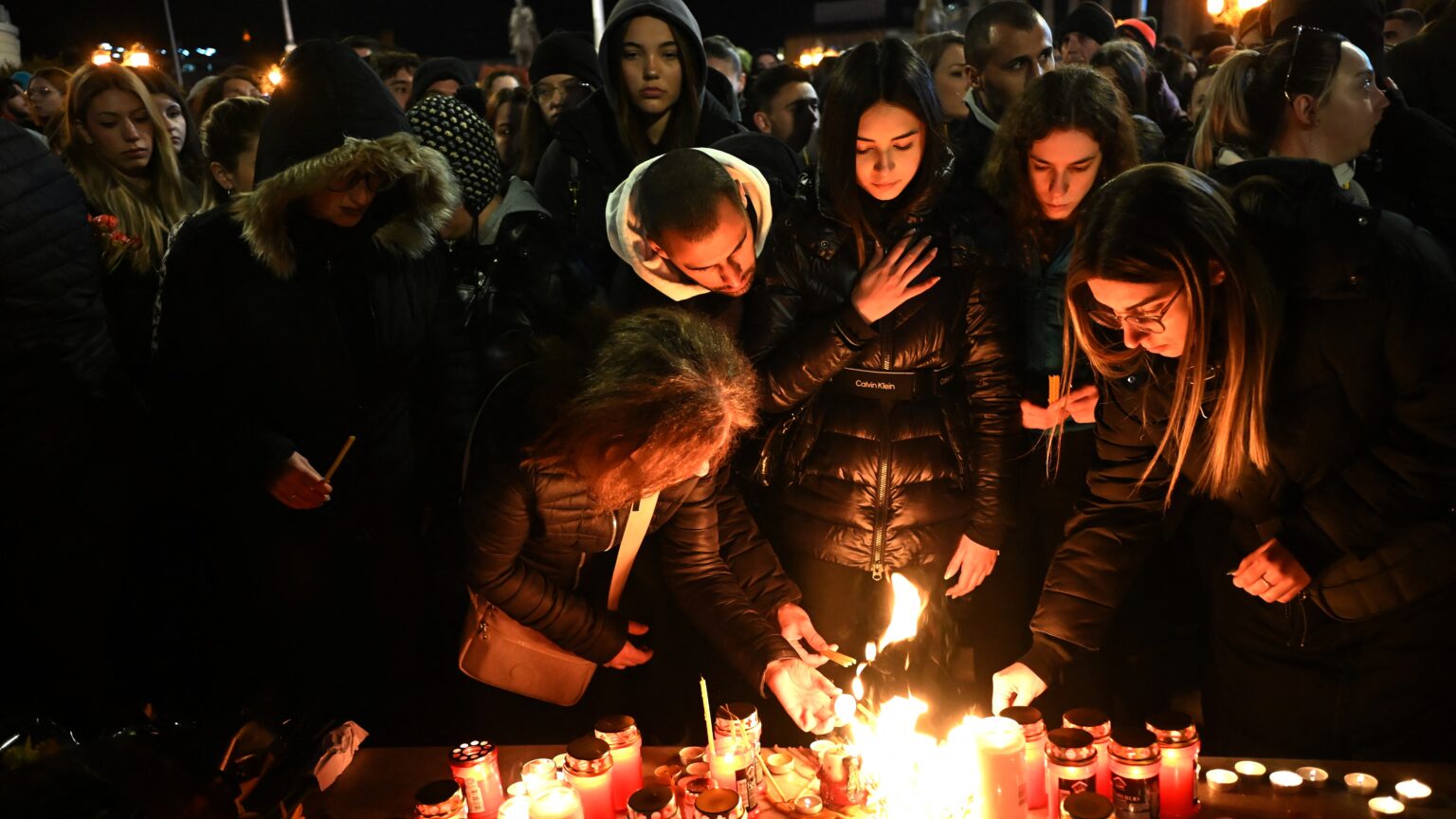
Last weekend the world was shocked by news of a fire that took the lives of 59 people in a North Macedonian nightclub and injured an additional 156. The blaze broke out after 2am at Club Pulse, most probably due to the pyrotechnics used during a concert. Arguably the nightclub fire is the worst tragedy that has happened in North Macedonia in recent memory.
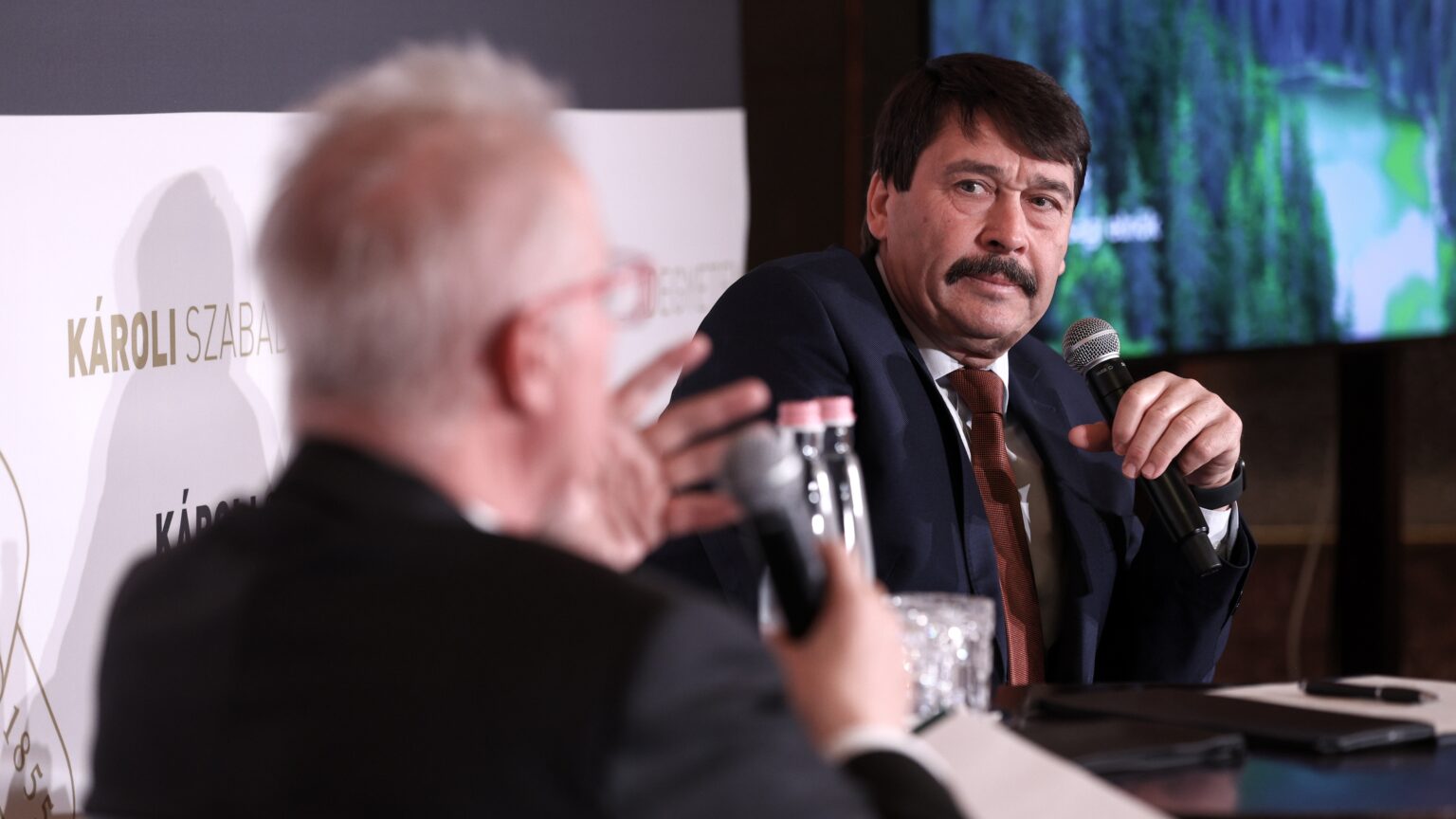
Former Hungarian President János Áder has criticized the European Parliament, calling it ineffective in its current form. Speaking at Károli Gáspár University in Budapest, Áder argued that the EU’s legislative body fails to fulfil its duties efficiently and is increasingly irrelevant.
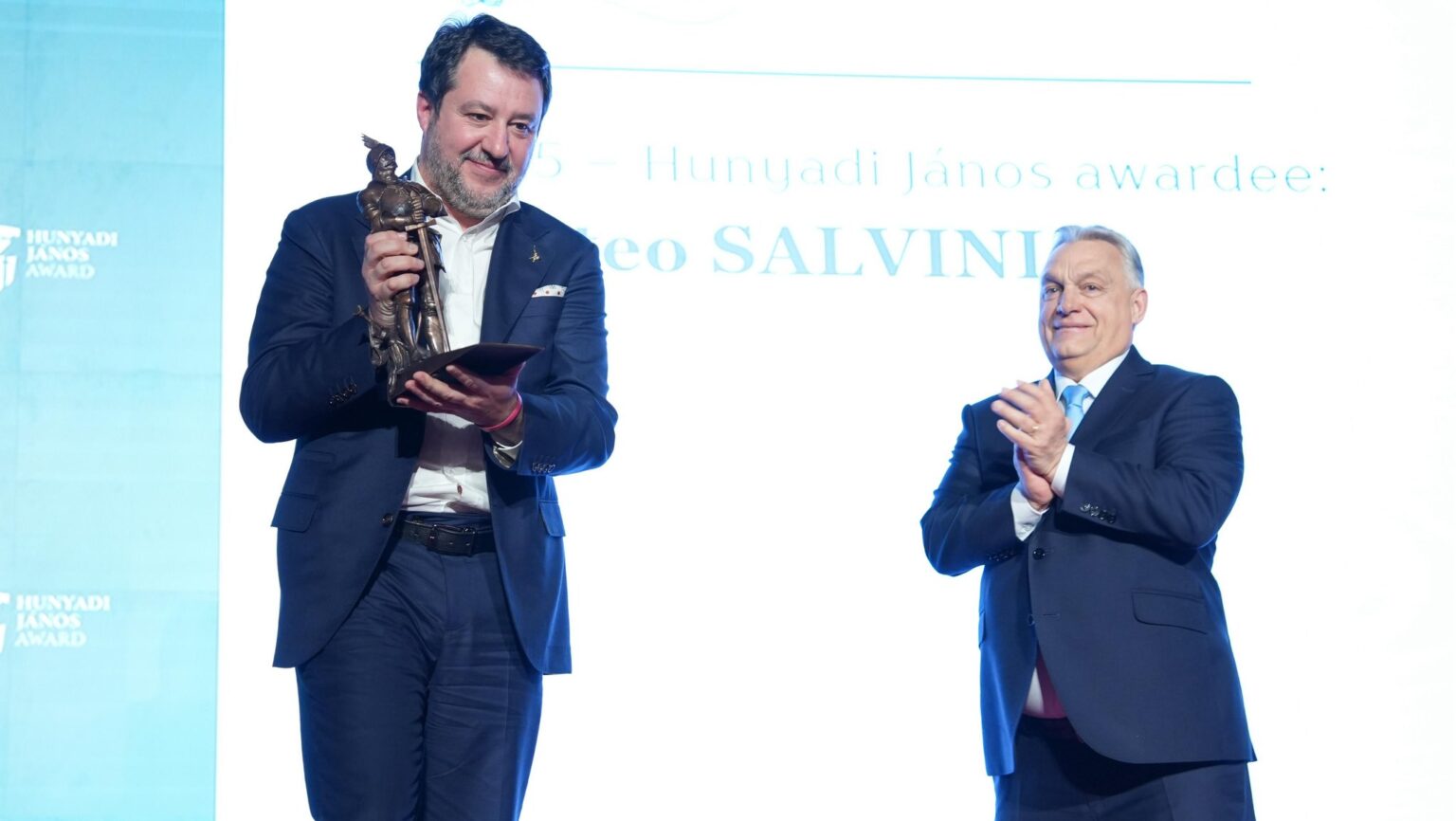
Italian Deputy Prime Minister Matteo Salvini was awarded the Hunyadi János Award by the Foundation for a Civic Hungary on Wednesday, with the honour presented by Hungarian prime minister Viktor Orbán. In his speech at the ceremony in Brussels, Orbán urged patriotic forces to reclaim the sovereignty of nation-states, which he argued had been illegally confiscated by the European Union in recent years.
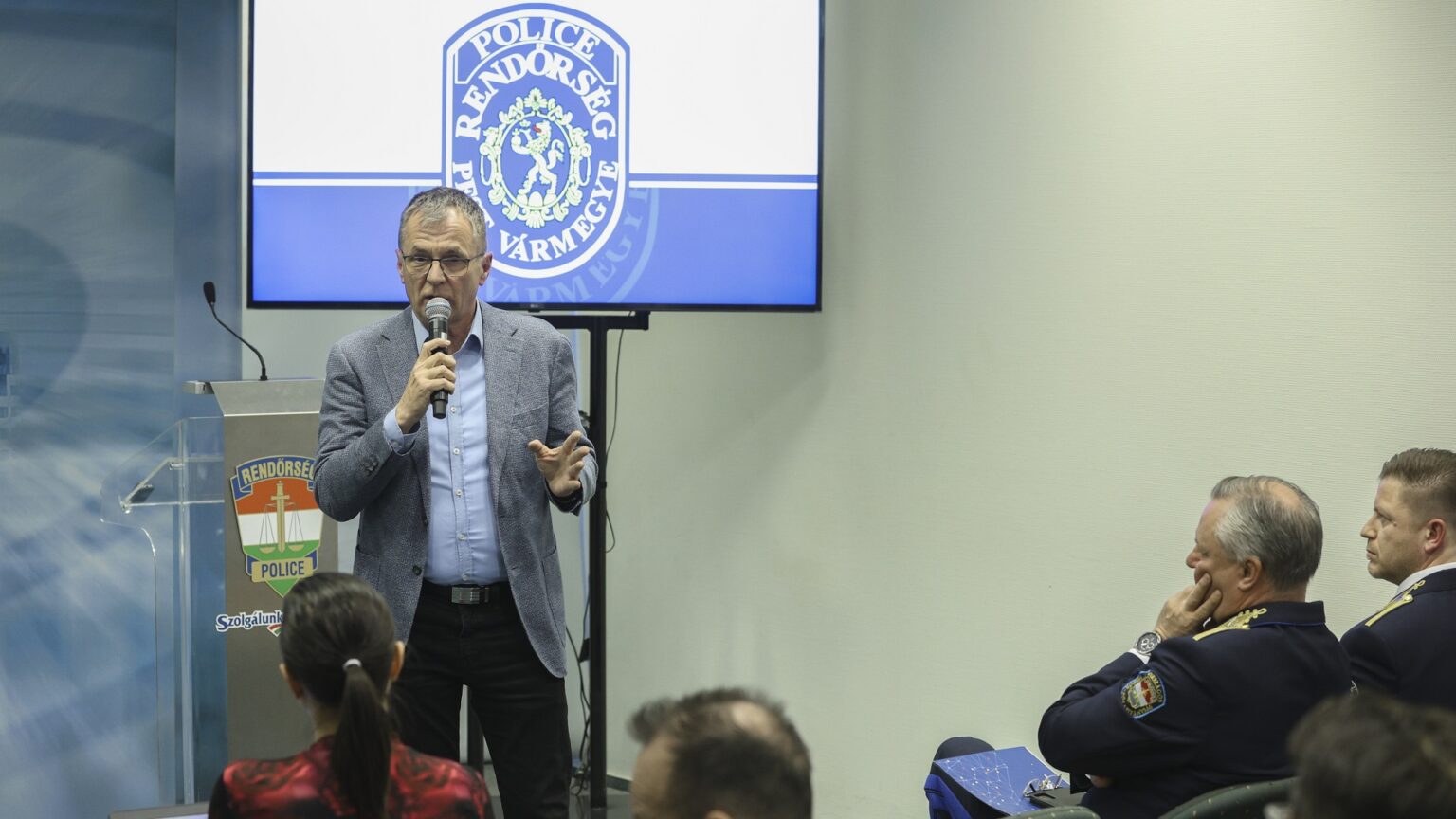
Newly appointed State Commissioner responsible for the eradication of drug trafficking László Horváth has announced at a press conference that 3,500 Hungarian police officers had carried out concentrated raids at nearly a thousand locations nationwide, confiscating 300 kilograms (660 pounds) of illegal drugs.
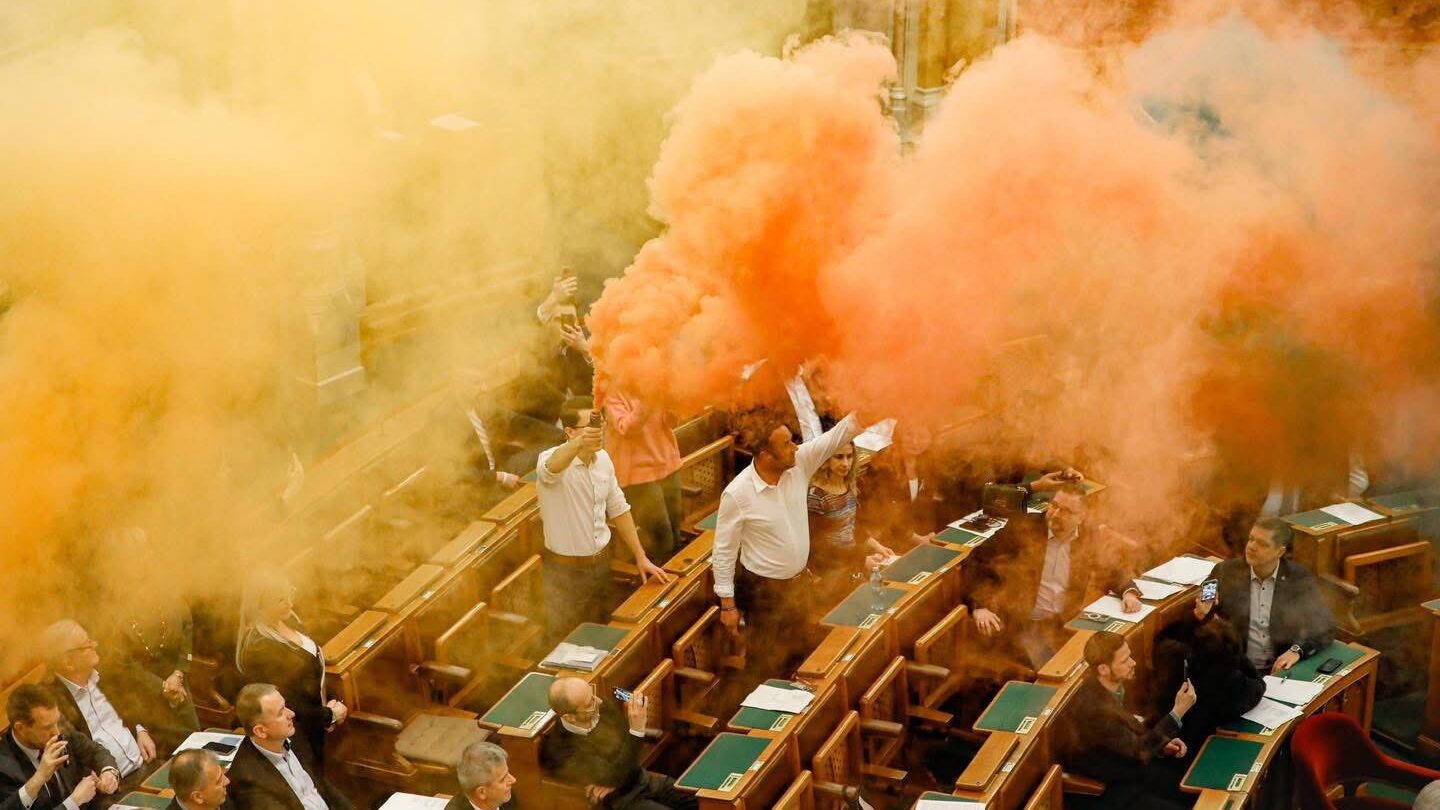
Chaos erupted in the Hungarian Parliament on Tuesday after opposition MPs ignited smoke flares in protest against the ban on the Pride march. The events bore a striking resemblance to those that unfolded in Serbia just weeks earlier, raising suspicions of a coordinated effort to destabilize right-wing governments in the region.

At football games in multiple countries across Europe, Palestine-sympathizer football fans have been displaying the banner ‘Show Israel the Red Card’ to protest the Jewish state. Meanwhile, Hungary is hosting the Israeli national team again, lending them the venue in Debrecen to play their World Cup qualifiers against Estonia and Norway this month.
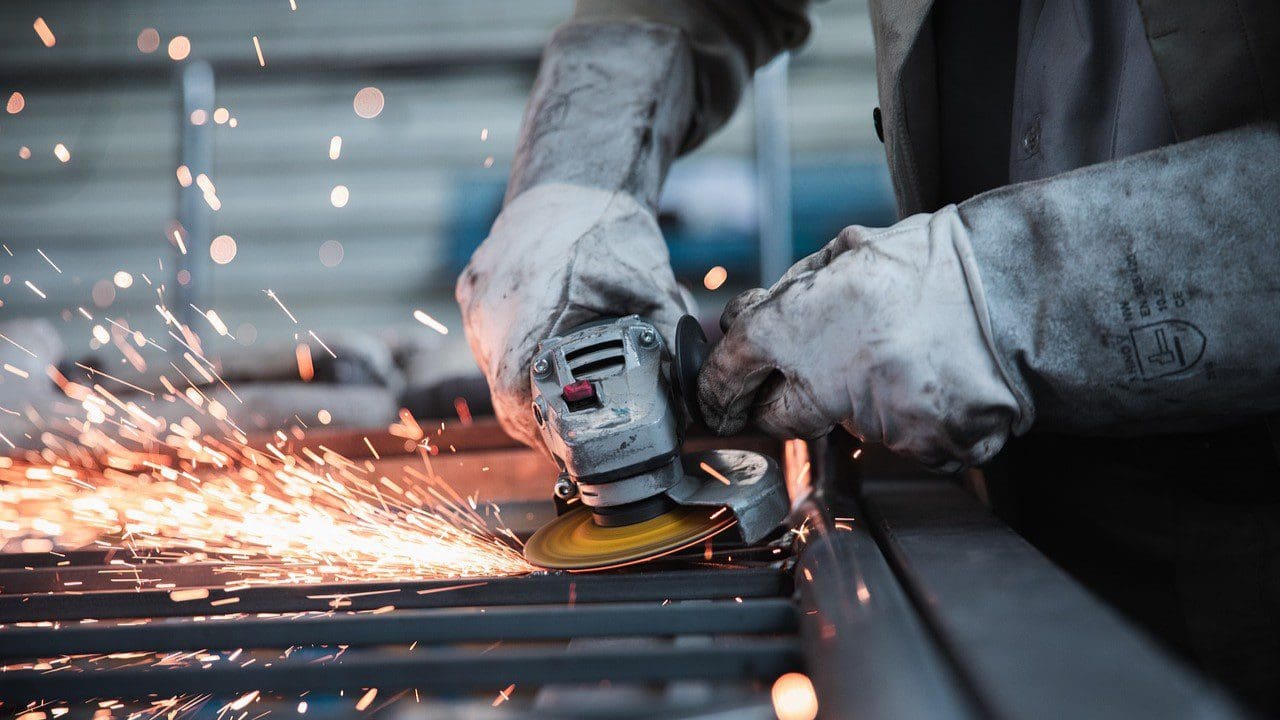
Hungary’s labour market continues to show remarkable strength, surpassing the European Union average in employment rates. In the final quarter of 2024 Hungary ranked sixth in employment among both men and women, reflecting consistent growth since the country’s employment turnaround in 2010.
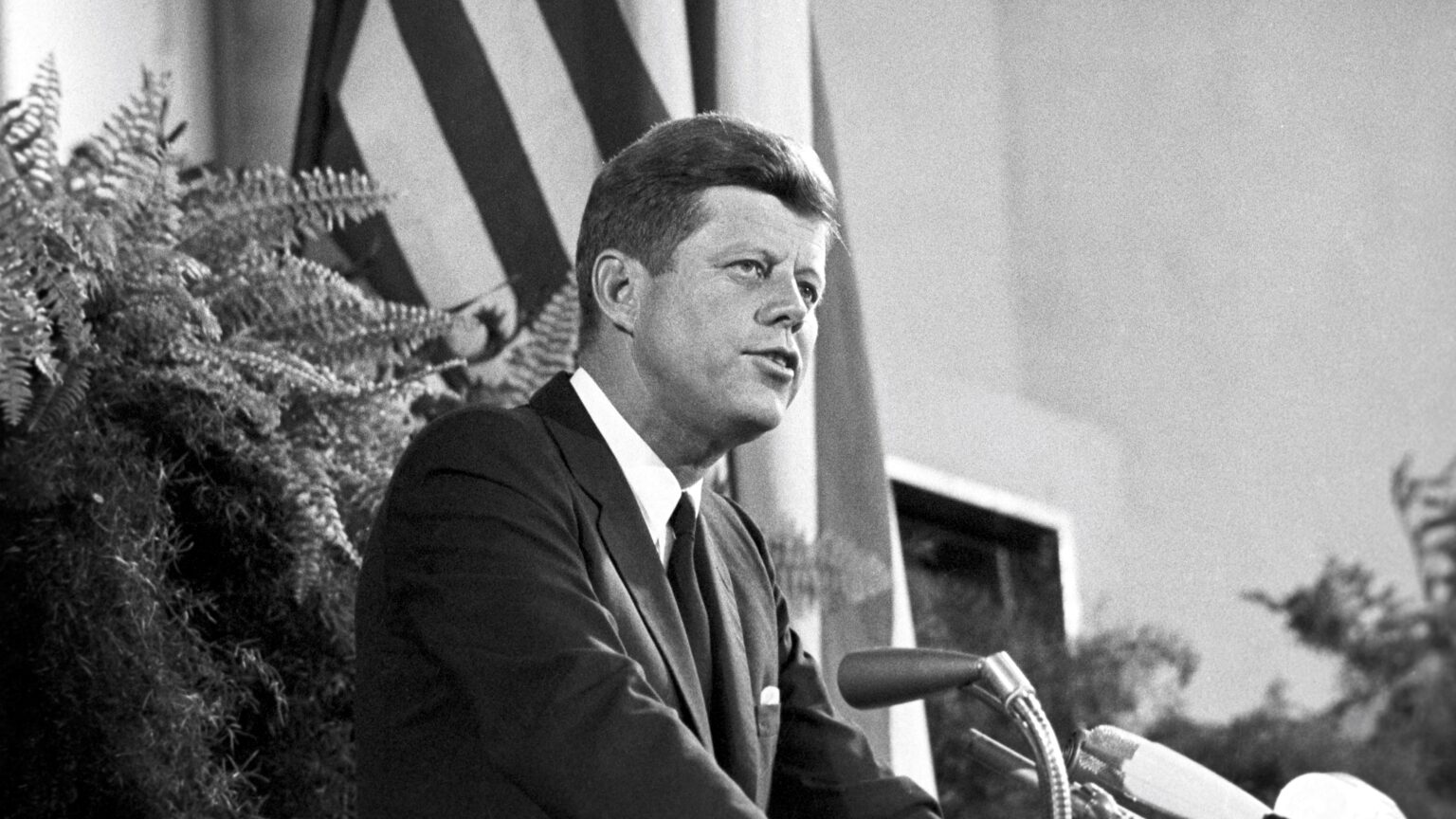
The long-awaited release of classified documents related to the assassination of President John F Kennedy has begun, with over 80,000 pages now available to the public. Following Donald Trump’s directive, the National Archives has published the files unredacted, marking a major step toward historical transparency.
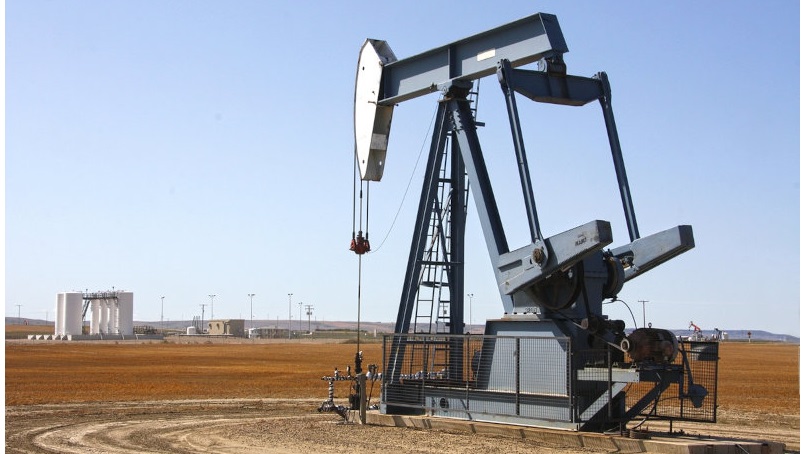
The Hungarian oil company MOL has announced that they discovered a new oil deposit 4,100 feet (1,250 metres) below ground in Western Hungary, near the village of Somogysámson. The deposit is able to produce up to 1,200 barrels of crude oil per day.
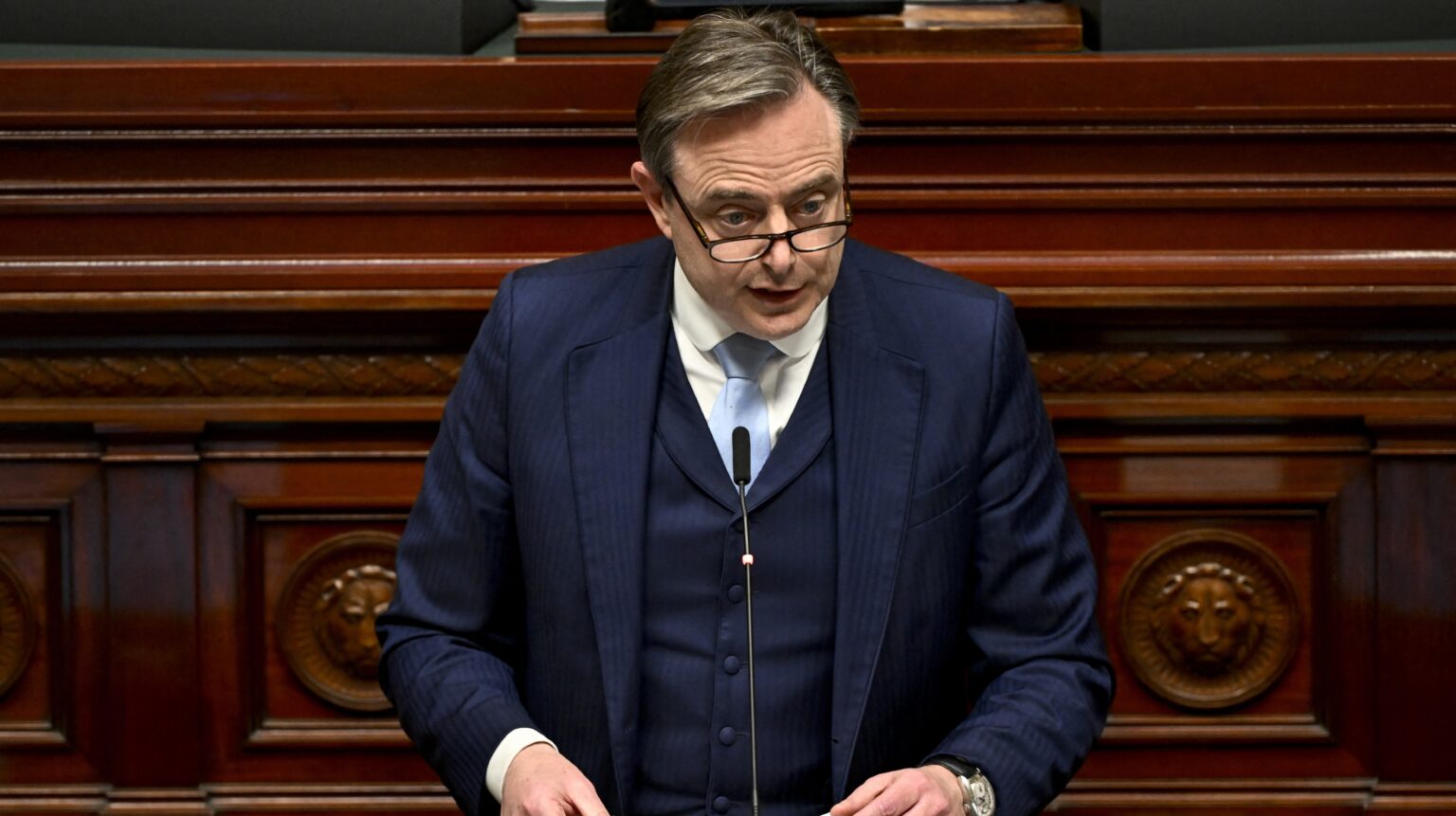
The leader of Belgium’s most important Flemish nationalist movement in decades has been put in charge of a right-leaning coalition in the country he once vowed to split.
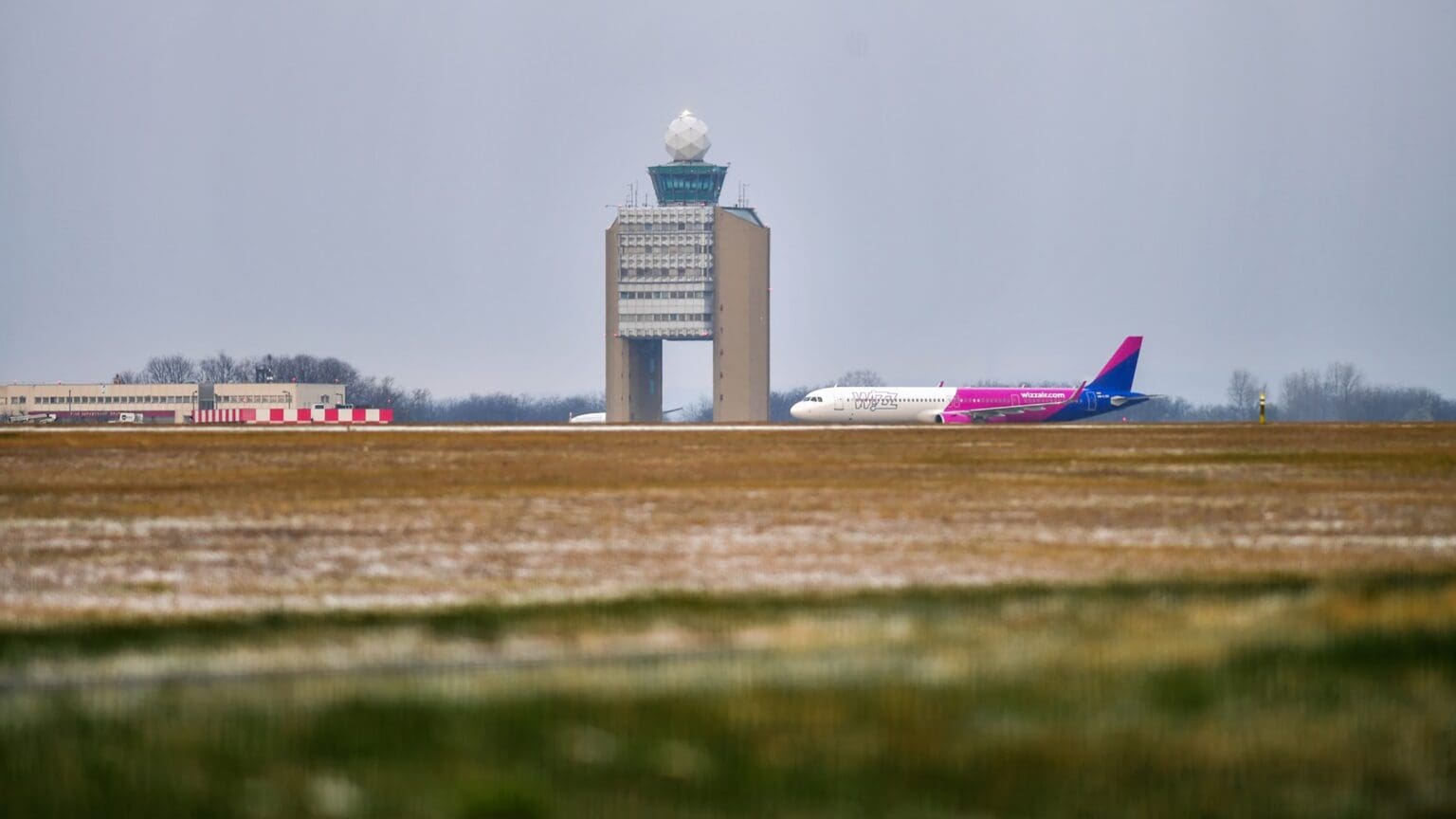
Hungary and India are set to strengthen their ties with the launch of Wizz Air’s direct Budapest–Mumbai flight this year, operating daily. Minister of Foreign Affairs and Trade Péter Szijjártó announced the development in New Delhi, highlighting its potential to boost trade, tourism, and diplomatic relations.
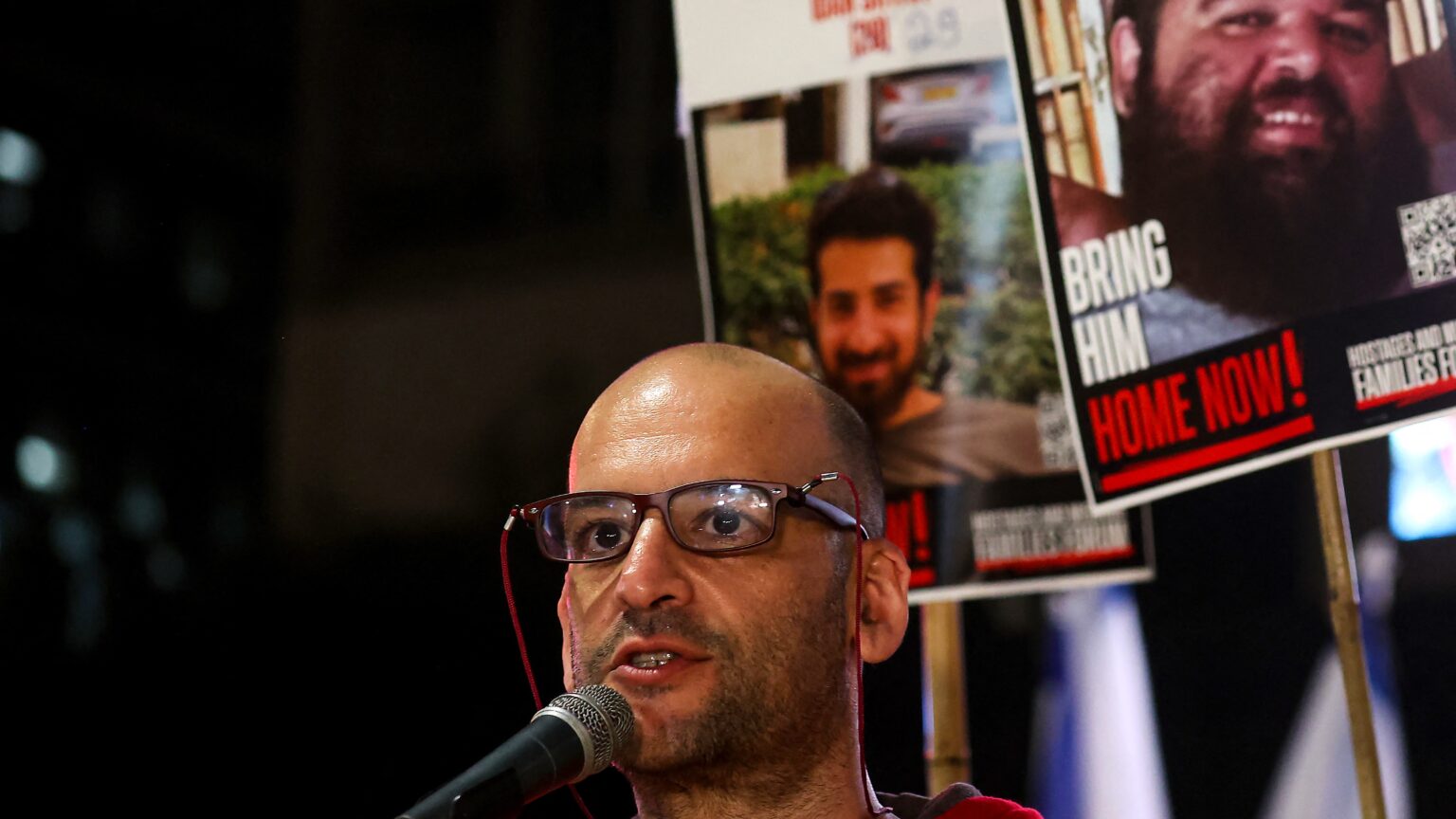
The ceasefire between Israel and Hamas, which controls Gaza, lasted for two months. Currently, 59 hostages are still awaiting their release as Israel has once again resorted to military action against the terrorist organization.
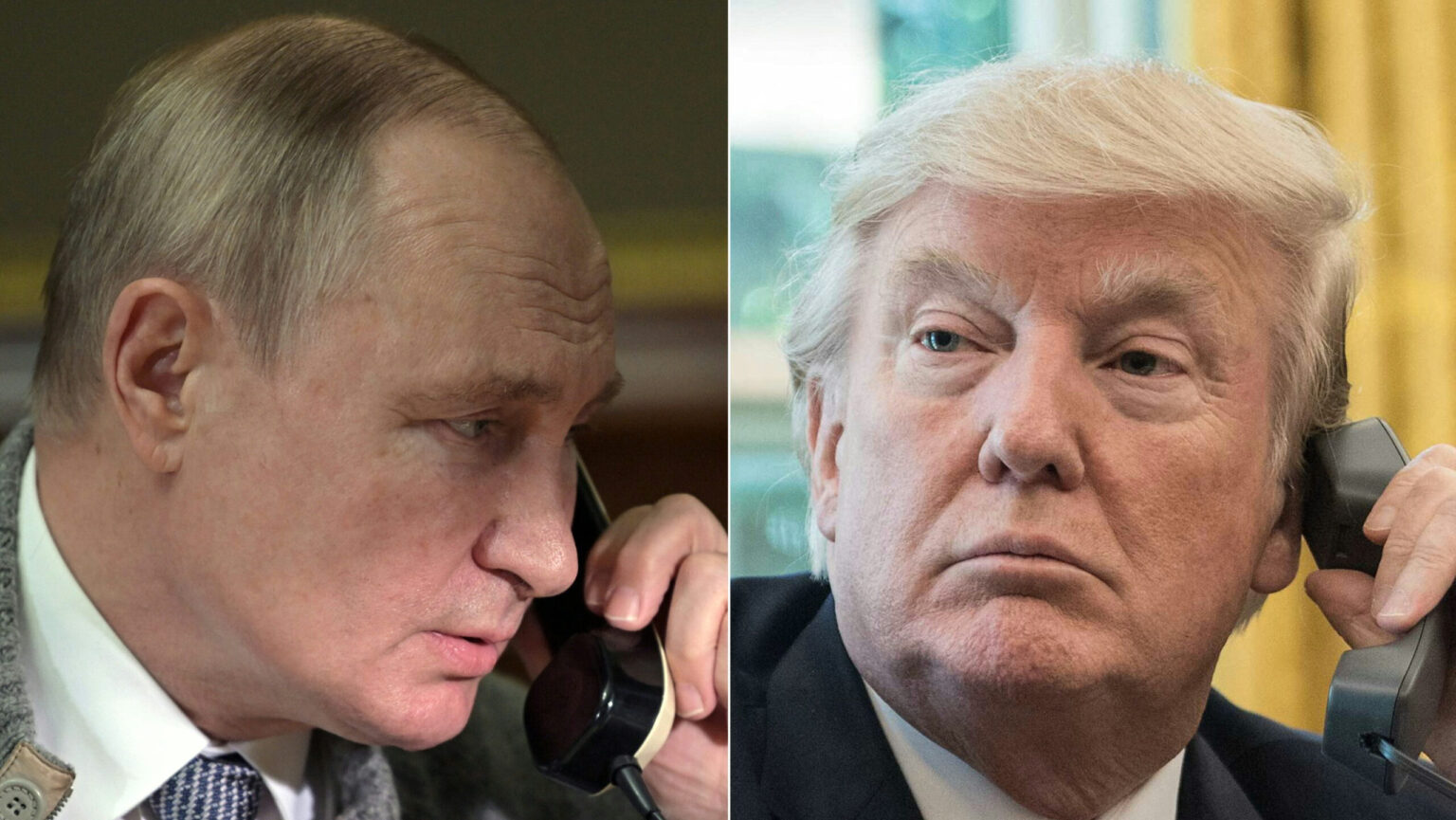
Donald Trump and Vladimir Putin agreed on a partial ceasefire and the immediate launch of a new round of talks to end the war in Ukraine. The current deal applies to energy and infrastructure on both sides. Hungarian Minister of Foreign Affairs and Trade Péter Szijjártó welcomed the news, warning the EU not to undermine the peace process.
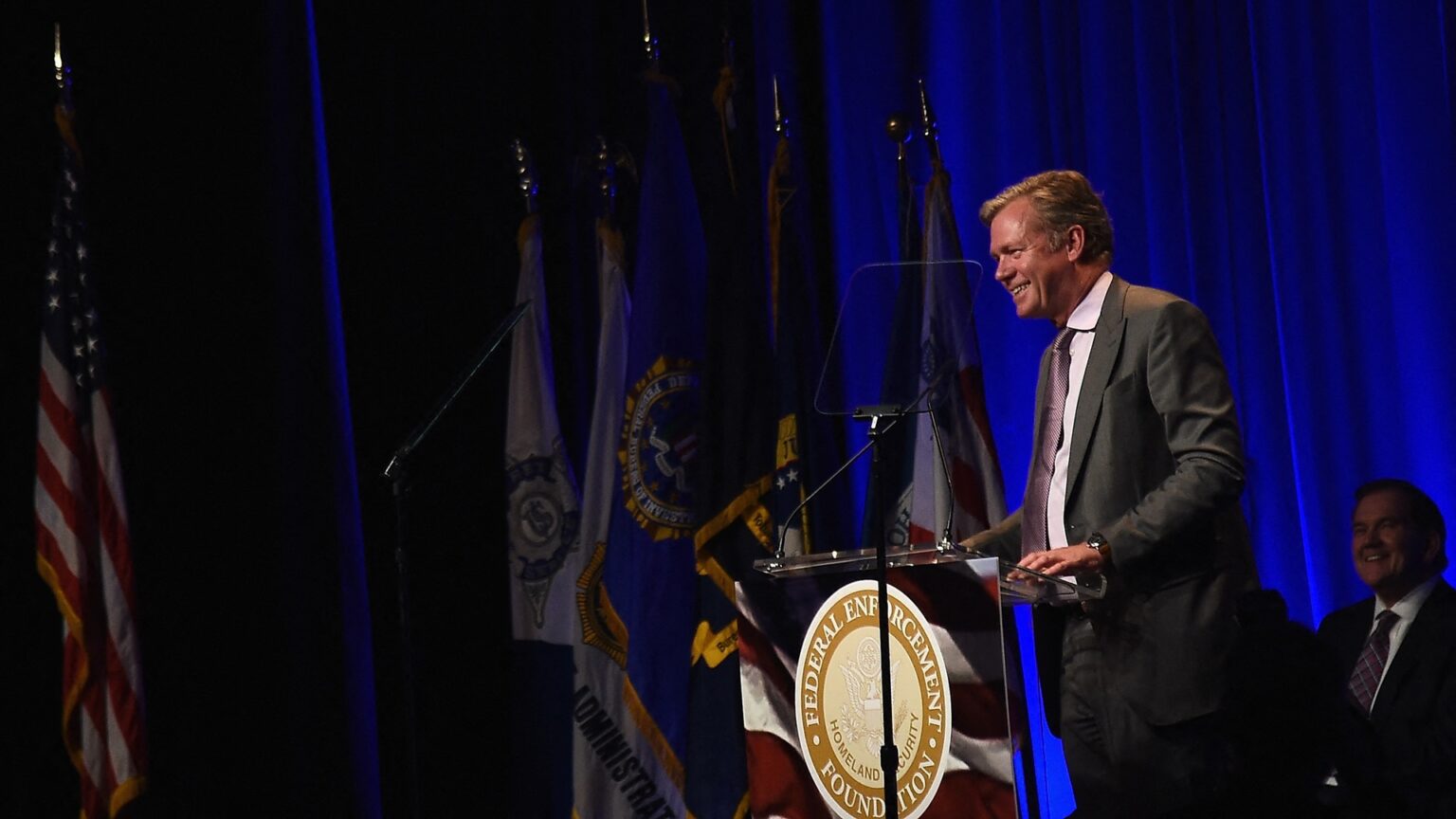
TV legend Chris Hansen, best known for his segment To Catch a Predator on Dateline NBC in the mid-2000s, has recently caught an illegal alien from Mexico trying to have sex with a 15-year-old sex traffic victim in his latest investigation. He went on Jesse Watters Primetime to talk about the outrageous case.
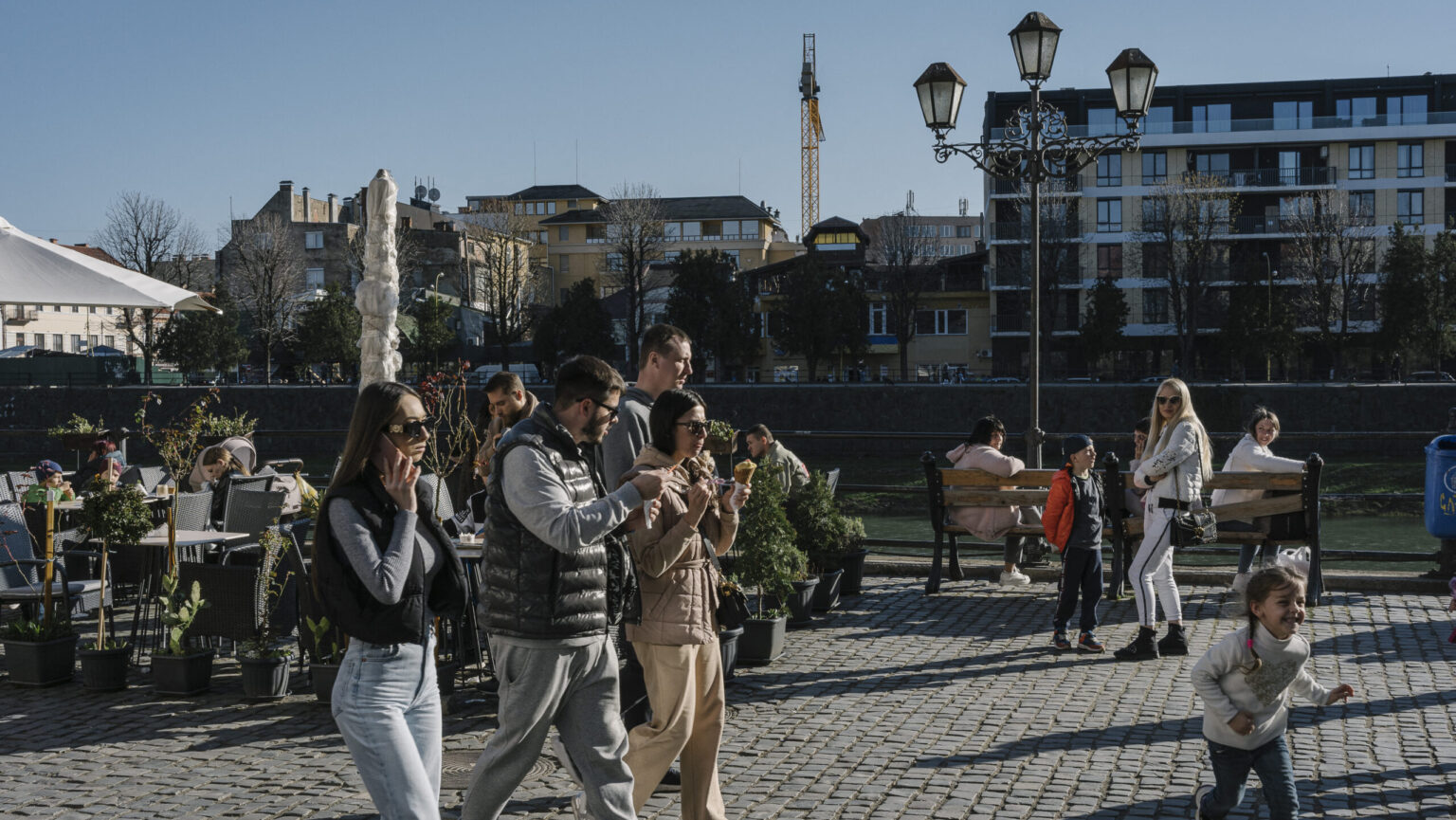
Hungarian Minister of Foreign Affairs and Trade Péter Szijjártó stated that Hungary firmly rejects Ukraine’s fast-track EU accession, especially if it comes at the expense of the Transcarpathian Hungarian community. For the past ten years, Kyiv has gradually curtailed the rights of national minorities, including Transcarpathian Hungarians.
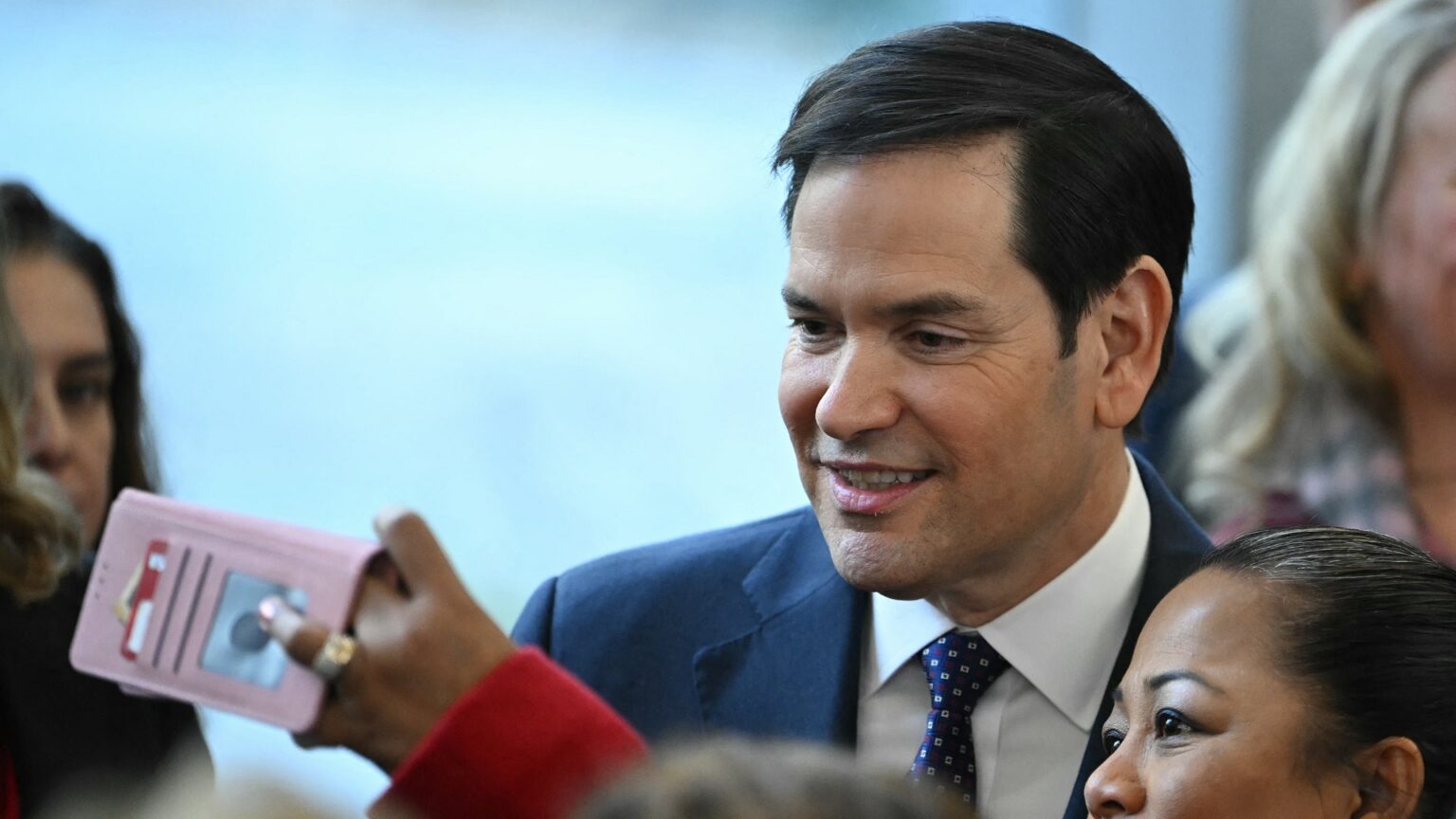
According to reporting by POLITICO, US Secretary of State Marco Rubio urged Foreign Minister Péter Szijjártó of Hungary to have the Hungarian government lift its veto on the renewal of sanctions on Russia by the EU. Hungary eventually did refrain from using its veto power, and thus the sanctions have been renewed for another six months.

Hungarian business and government leaders are ramping up efforts to integrate artificial intelligence into the economy. Discussions between the Hungarian Chamber of Commerce and government officials highlighted AI’s potential to enhance business efficiency, while new collaborations in the defence sector will focus on AI-driven technological advancements.
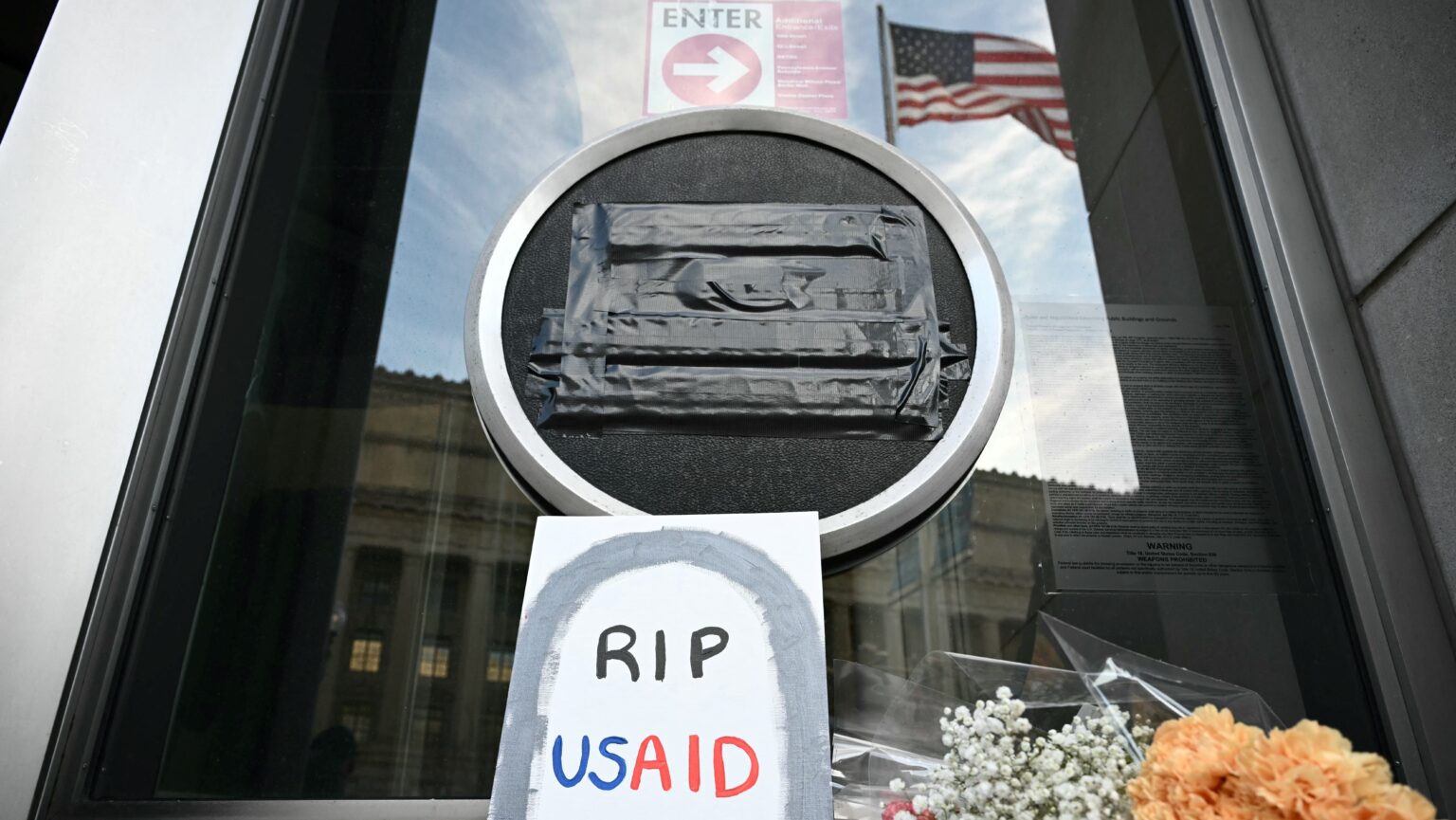
Hungarian officials signal potential legal consequences over USAID funding in Hungary. Government commissioner András László, after meeting US State Department officials, said many projects raise suspicions of political interference and legal actions will be examined. Meanwhile, Fidesz parliamentary leader Máté Kocsis proposed a constitutional amendment allowing the expulsion of dual citizens if their activities threaten Hungary’s sovereignty.
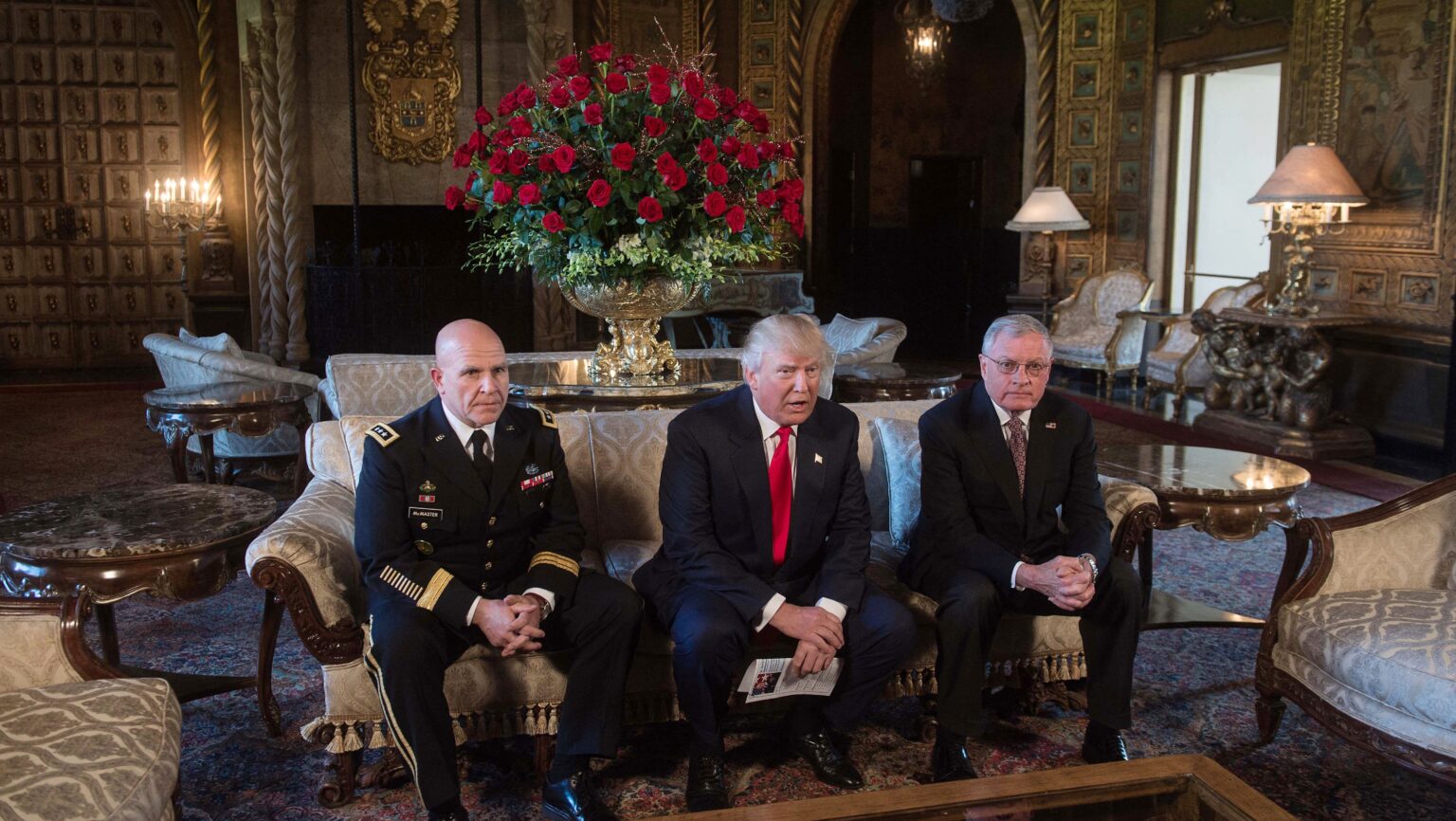
‘On the day the US temporarily halted military aid to Ukraine, Kellogg delivered a speech at CFR in Washington, DC. He emphasized that Ukraine had several opportunities to sign the US–Ukraine $500 billion Minerals Deal, including during his visit to Kyiv on 19 February and during Zelenskyy’s last trip to Washington, which is unlikely to be remembered as a successful diplomatic effort.’

Hungarian Conservative is a quarterly magazine on contemporary political, philosophical and cultural issues from a conservative perspective.